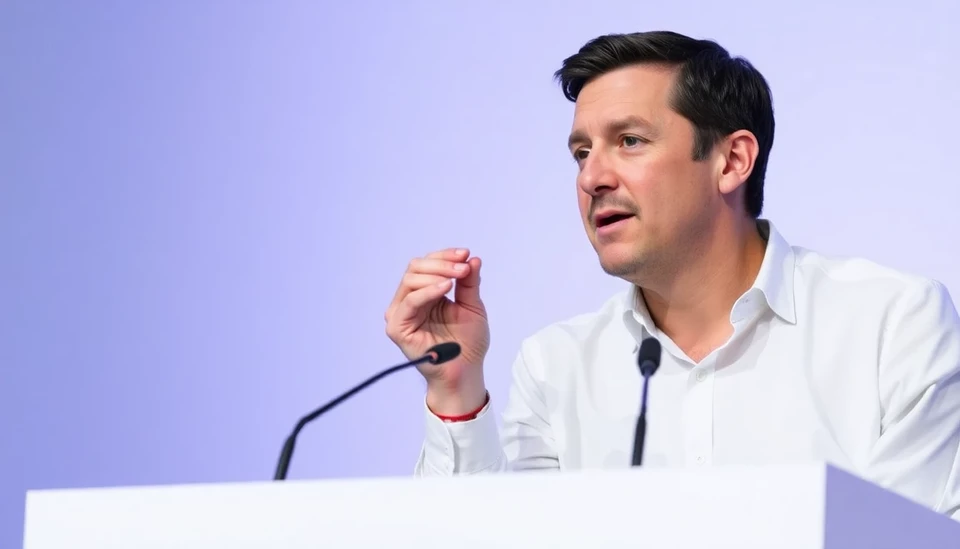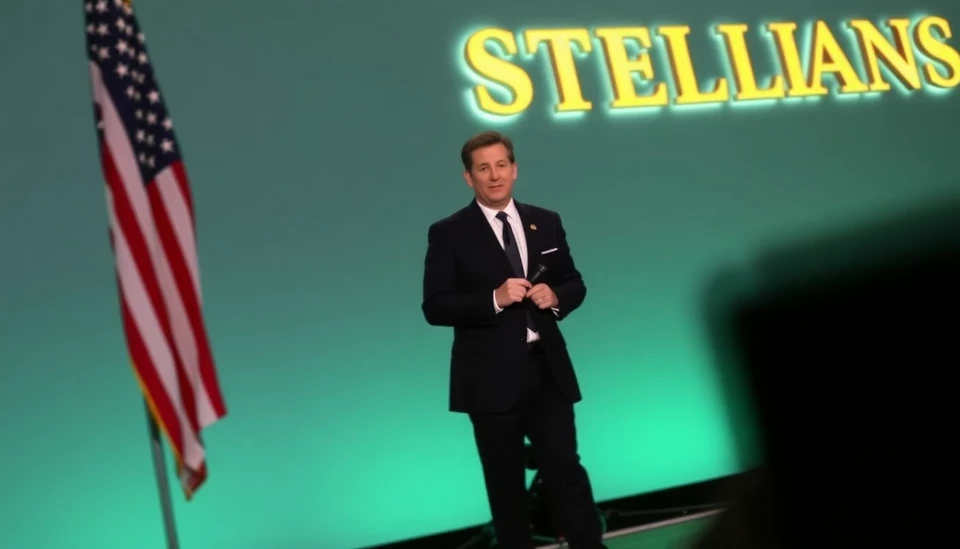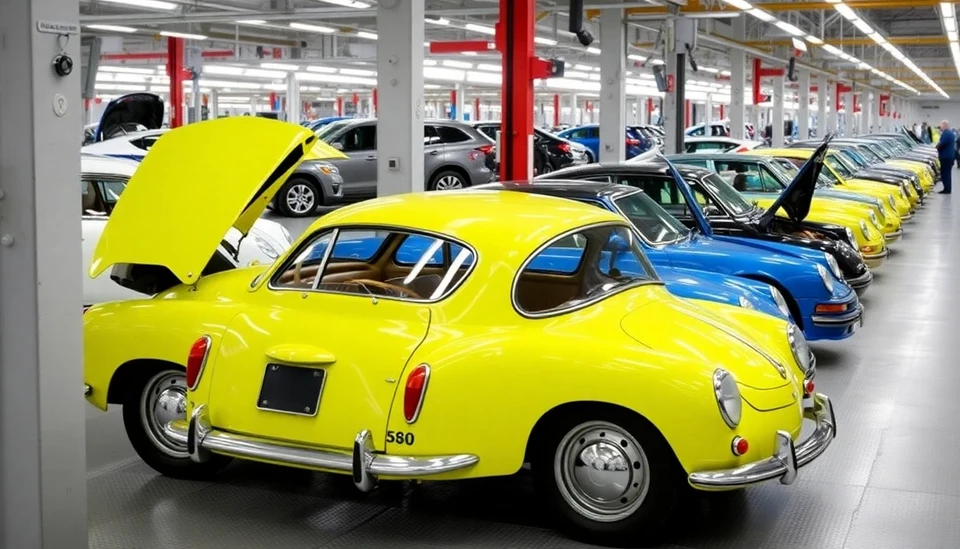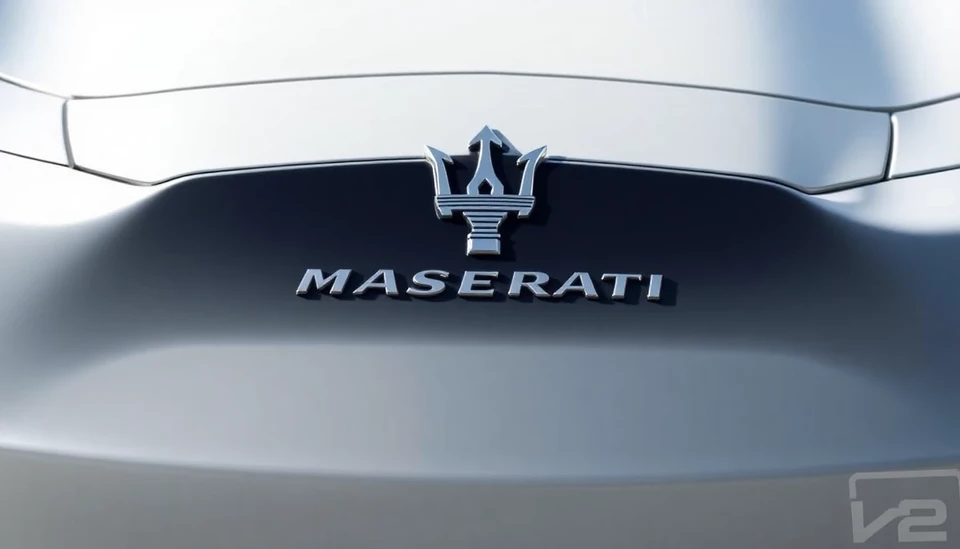
In a recent statement that has ignited discussions in the automotive industry, Italian Deputy Prime Minister Matteo Salvini emphasized that Stellantis, the multinational automotive manufacturer formed from the merger of Fiat Chrysler and PSA Group, is grappling with deeper ownership challenges rather than merely leadership issues. Salvini’s comments come at a time when Stellantis is under scrutiny for its operational performance and strategic direction.
Salvini's remarks were made during a press conference held in Rome, where he addressed concerns regarding the company’s future and the Italian government’s role in supporting the automotive sector. This commentary follows a wave of speculations about the management style of Stellantis CEO Carlos Tavares, suggesting that his approach has sparked dissatisfaction among stakeholders. However, Salvini quickly shifted the focus from leadership to ownership, arguing that it is the distribution of shares and decision-making power that poses a better indicator of the company's prospect.
He pointed out that the ownership structure of Stellantis can lead to divergent interests among shareholders, particularly between its European and American factions. According to the Deputy Prime Minister, aligning these interests is crucial for the sustainability and growth of Stellantis in a rapidly evolving automotive market. His statements reflect a growing concern within Italy regarding the influence that foreign shareholders might wield over a company that is deeply rooted in the Italian automotive tradition.
Salvini articulated that the Italian government remains committed to facilitating a more cohesive and favorable environment for domestic manufacturers. He stated that fostering collaboration among stakeholders—including unions, management, and various levels of government—is imperative to address the challenges that Stellantis and similar companies face in the current economic landscape.
The Deputy Prime Minister also suggested that the government should explore ways to ensure that Italian interests are well represented within Stellantis' operational framework. He emphasized the importance of encouraging investments and innovation in Italy's automotive sector as part of a broader strategy to bolster national industry competitiveness. The sentiment resonates widely, especially since the global automotive industry is in a transitional phase towards electrification and sustainable practices.
As Stellantis navigates this turbulent landscape, the call for a more considered approach to ownership and governance has emerged as a central theme. Salvini's insightful commentary could pave the way for a national discourse on how best to secure the interests of Italian stakeholders in major corporations, while simultaneously addressing the global challenges of the automotive industry.
In conclusion, while leadership dynamics may attract media attention, it is the intricate web of ownership that will ultimately shape Stellantis's destiny. Stakeholders will be watching closely to see how these discussions unfold and what actions the Italian government might take to protect its automotive heritage.
As the debate continues, all eyes will remain fixed on Stellantis and its leadership to gauge how effectively they will respond to the challenges ahead in an increasingly competitive market.
#Stellantis #MatteoSalvini #AutomotiveIndustry #Leadership #Ownership #FiatChrysler #PSAGroup #Innovation #ItalianIndustry #ElectricVehicles
Author: Victoria Adams




